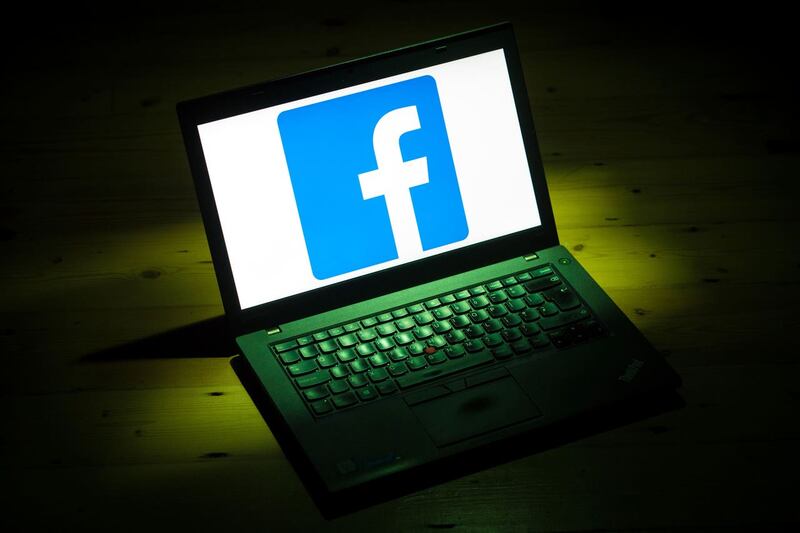Changes to Facebook’s search function has made it harder for investigators to look into serious issues such as human rights abuses and war crimes which are posted publicly on the social network.
The site’s underlying graph search feature allowed researchers to create open source tools, helping journalists and human rights organisations to find user-generated content and information about people in the public interest, which may otherwise go unreported.
With social media becoming more widely available globally, civilians are able to share images or videos of incidents like an air strike, providing investigators with crucial evidence, potentially showing casualties and weapons parts.
However, users noticed that the feature suddenly stopped working last Friday without any warning and are concerned that the move could benefit repressive states which wish to hide their actions.
Facebook's recent changes to its search function has resulted in making it a lot more difficult to investigate war crimes that have been documented on their platform. Facebook appears to be very uncommunicative on the issue, compounding the problem for researchers.
— Eliot Higgins (@EliotHiggins) June 9, 2019
“We have been using graph search to find these posts, which provided vital context and information for investigations into these incidents,” said Nick Waters, senior investigator at investigative journalism website Bellingcat.
“For example, by searching for the earliest post mentioning an air strike, we can usually get a decent fix on the time of the strike.
“We can usually also find videos or images of the aftermath of the air strike, showing casualties, weapons parts, or specific kinds of damage.
“This information is very important when it comes to working out what happened.
“We can use these posts to help verify or discount claims about these incidents and even identify often who is responsible.”
Noting that the posts are made available publicly, Mr Waters added: “By taking away the ability of researchers to find these posts, Facebook is effectively putting an artificial block between activists and researchers.
“This is very beneficial for repressive states who wish to hide their actions.
“It is far less beneficial for local activists who are trying to show the global community what is happening to their communities.”

Some of the information retrieved through graph search used details that people may not have realised were public, such as pages they have liked, places they have tagged themselves in and public posts they had commented on.
Facebook confirmed that it had made changes, saying: “The vast majority of people on Facebook search using keywords, a factor which led us to pause some aspects of graph search and focus more on improving keyword search.
“We are working closely with researchers to make sure they have the tools they need to use our platform.”
The move comes as Facebook attempts to balance the privacy of users following a string of incidents, notably the Cambridge Analytica scandal, in which up to 87 million people are believed to have had their data harvested by the political consultancy via a personality quiz app.
Inti De Ceukelaire, a Belgian security researcher who created the site Stalkscan.com using the same underlying search capabilities, told the Press Association that the site had been used by more than eight million people worldwide since it launched on Valentine’s Day 2017 but estimated that only a small fraction of those had been using it for legitimate public interest purposes.
“I created StalkScan in the first place from a privacy perspective to show people what’s out there,” he said.
“In non-English speaking countries, people had no access to the graph search so they didn’t know their tagged photos, likes, comments, etc, were so easily accessible.
“There’s a big gap between the people that use it for much-needed legitimate purposes and people who just want to creep.”
However, he added that Facebook’s decision to block much of the graph functionality “didn’t really solve the problem”.
“They only blocked the websites that provided the transparency Facebook did not offer,” he said.
“The fact that they do not issue a public statement is worrying, as if they are trying to make this go unnoticed.”








